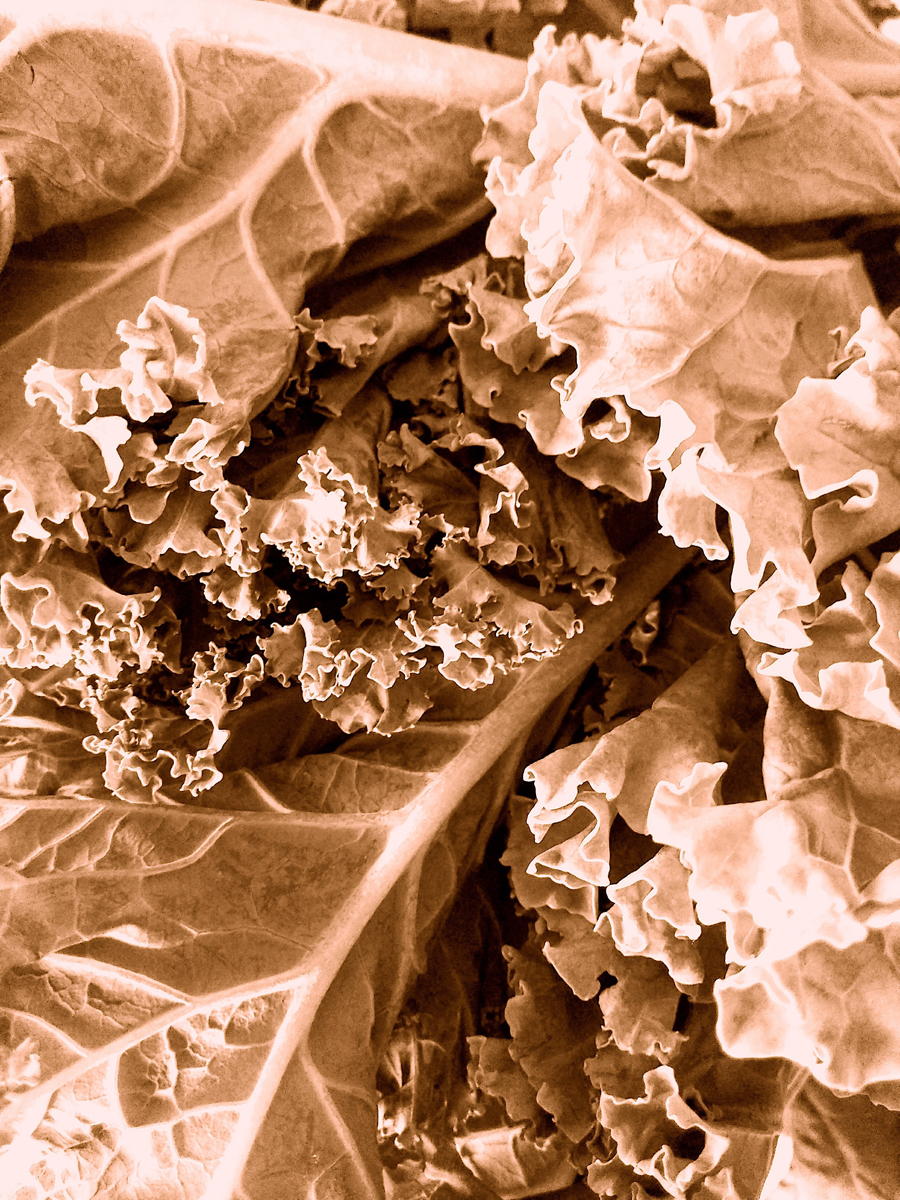Examining Local Food Procurement, Adaptive Capacities and Resilience to Environmental Change in Fort Providence, Northwest Territories
DOI :
https://doi.org/10.15353/cfs-rcea.v7i1.373Mots-clés :
Food security, climate change, Indigenous peoples, rural, subarcticRésumé
By exploring localized adaptation strategies for climate change, this paper aims to provide a deeper understanding of local perspectives and efforts regarding food procurement in Fort Providence, Northwest Territories (NT). The benefits and risks associated with engaging in local food procurement activities are key topics explored. Strategies to manage food insecurity and local approaches to encourage food procurement are also considered. This study was informed by Indigenous methodologies, which guided all aspects of this research. While the researchers have collaborated with community members since 2010, evidence for this study was collected during two field seasons in the spring and fall of 2018, using semi-structured interviews with Elders, land-users, and knowledgeable community members. Findings support decentralized policy developments which focus on the integration of local voices into decision-making processes and program implementation. Food policies must reflect the needs of residents at localized levels and the distinct socio-cultural and economic barriers to procuring food, and they must encourage overall community resilience and adaptive capacities to climate-related change. This research supports regional and national efforts to reduce food insecurity across northern Canada by documenting traditional knowledge concerning climate change and local food practices in Fort Providence.
Téléchargements
Publié-e
Comment citer
Numéro
Rubrique
Licence
Les auteurs qui publient avec cette revue acceptent les conditions suivantes: Les auteurs conservent les droits d'auteur et accordent à la revue le droit de première publication avec l'œuvre sous licence simultanée Creative Commons qui permet à d'autres de partager l'œuvre avec une reconnaissance de la paternité de l'œuvre et de la publication initiale dans cette revue. Les œuvres publiées dans RCÉA/CFS avant et incluant le vol. 8, n° 3 (2021) sont sous licence Creative Commons CC BY. Les œuvres publiées dans le vol. 8, n ° 4 (2021) et après est sous licence Creative Commons CC BY-SA. Les auteurs peuvent conclure des accords contractuels supplémentaires séparés pour la distribution non-exclusive de la version publiée de l'ouvrage par la revue (par exemple, l'ajouter à un dépôt institutionnel ou le publier dans un livre), avec une reconnaissance de sa publication initiale dans ce journal. Les auteurs sont autorisés et encouragés à publier leurs travaux en ligne (par exemple, dans des dépôts institutionnels ou sur leur site Web) avant et pendant le processus de soumission, car cela peut conduire à des échanges productifs, ainsi qu'à une citation plus précoce et plus importante des travaux publiés. (En savoir plus sur le libre accès.)





